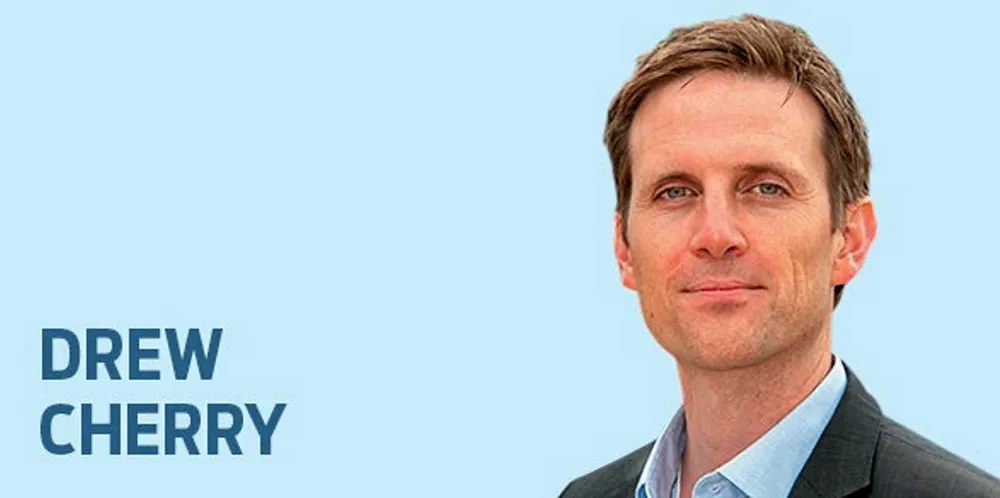Will salmon farmers abandon British Columbia?
The opposition is getting worse, the business climate uncertain and the financial payoff is mixed. But there are reasons to believe Mowi, Grieg and Cermaq will stick it out to the end.

The opposition is getting worse, the business climate uncertain and the financial payoff is mixed. But there are reasons to believe Mowi, Grieg and Cermaq will stick it out to the end.
